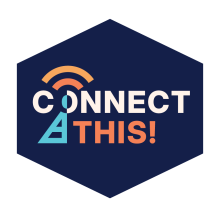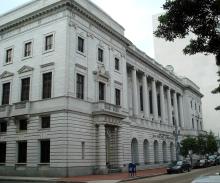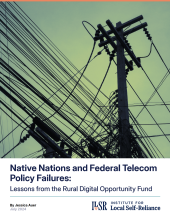Small Towns Building Broadband, Broadband Usage, and the Continued Retreat from Fiber | Episode 124 of the Connect This! Show

Catch the latest episode of the Connect This! Show, with co-hosts Christopher Mitchell (ILSR) and Travis Carter joined by regular guests Kim McKinley (Tak Broadband) and Doug Dawson (CCG Consulting) to talk about all the recent broadband news that's fit to print.
Topics include:
- A new report from ILSR on 19 small towns in Massachusetts building public partnerships and new fiber networks.
- Massive AWS and Cloudflare outages impacting large parts of the Internet
- The new broadband usage report from OpenVault
- 18 states so far have finally gotten NTIA approval after redoing most of the work from last summer, with the result being fewer homes will be passed by the BEAD program and, of those, a smaller proportion will get fiber than under Biden.
- The latest attempt to hamstring any state regulation of AI by tying BEAD approval to the measure
Join us live on November 20th at 3pm ET, or listen afterwards wherever you get your podcasts.
Email us at [email protected] with feedback and ideas for the show.
Subscribe to the show using this feed or find it on the Connect This! page, and watch on LinkedIn, on YouTube Live, on Facebook live, or below.




